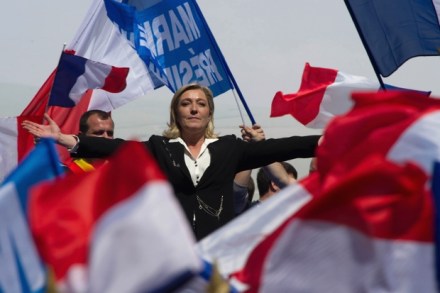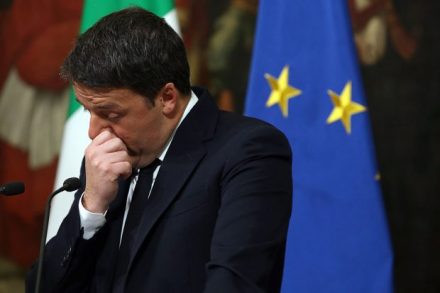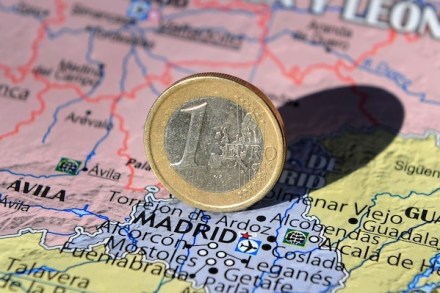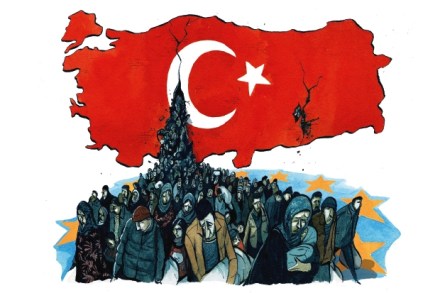The Spectator’s Notes | 8 December 2016
‘Are you Charles Moore of The Spectator?’ I answered to that description. ‘Well,’ said my questioner, ‘I am worried that you’re becoming very right-wing.’ We were sitting by the fire in a charming, smoky hut with no electric light and lots to eat and drink. It was a shooting lunch, the sort of occasion where one is seldom held to account for anything. I could have tried to laugh the question off, but my interrogator exhibited high intelligence and class confidence, so I sensed she wouldn’t let me get away with that. Unfortunately, I didn’t know how to answer her. I am not offended by being called right-wing, because I don’t agree



















